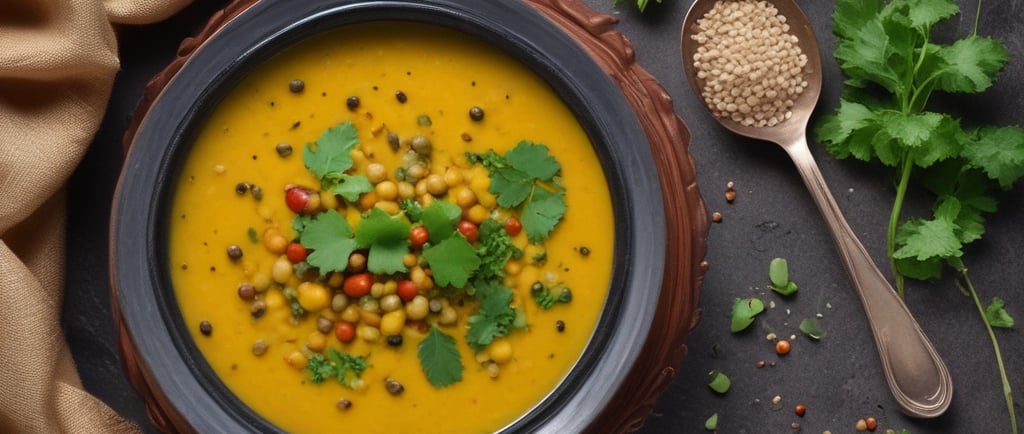The Best Indian Vegetarian Protein Sources: A Guide to Nutritive Value per ICMR Recommendations
7/5/20252 min read


Introduction to Protein Sources in Indian Cuisine
In the realm of nutrition, protein plays a pivotal role in maintaining bodily functions, aiding growth, and supporting immune responses. For vegetarians, especially in India where plant-based diets are prevalent, finding adequate protein sources is essential. The Indian Council of Medical Research (ICMR) provides guidelines to help individuals understand the nutritional value of various food items, ensuring a balanced intake of proteins through vegetarian means.
Key Protein-Rich Vegetarian Foods
Indian cuisine boasts an array of protein sources that are not only nutritious but also versatile and delicious. Here, we present some of the best Indian vegetarian protein sources, emphasizing their nutritive values:
1. Lentils (Dal): Lentils are among the richest sources of protein, offering approximately 24 grams of protein per 100 gm (raw ingredient). They are notably high in fiber, which aids in digestion and helps maintain steady blood sugar levels.
2. Chickpeas (Chana): Chickpeas provide around 18.77 grams of protein per 100 gm (raw ingredient.). They are also rich in essential nutrients like iron, magnesium, and folate, making them a great addition to any vegetarian diet.
3. Paneer (Cottage Cheese): A staple in many Indian households, paneer offers about 18.86 grams of protein per 100 gm. This dairy product is an excellent source of calcium and beneficial for bone health.
4. Quinoa: Although not traditionally Indian, quinoa has gained popularity and provides approximately 13.11 grams of protein per 100 gm (raw ingredient). It's unique among grains as it contains all the essential amino acids required for bodily functions.
5. Soybeans: Soybeans are powerful protein sources, providing about 35 grams of protein per 100 gm (raw ingredient). They also contain phytoestrogens, which can help balance hormones and support overall health.
Incorporating Protein into Your Diet
For vegetarians looking to enhance their protein intake, it is vital to include a variety of these sources in daily meals. Combining different protein sources not only ensures a comprehensive amino acid profile but also adds diversity to meals. For instance, a meal of lentil curry paired with brown rice is not only nutritious but also filling and satisfying.
Monitoring the recommended daily allowances is crucial. According to ICMR guidelines, an average adult should aim for 1 gram of protein per kilogram of body weight. This makes it important for vegetarians to strategically plan their meals to meet their nutritional needs.
In conclusion, the journey of finding the best Indian vegetarian protein sources does not have to be daunting. By integrating lentils, chickpeas, paneer, quinoa, and soybeans into the diet, one can fulfill their protein requirements effectively while enjoying the rich flavors of Indian cuisine. Aim for variety and always consult ICMR’s recommendations to maintain a balanced and healthy vegetarian diet.
